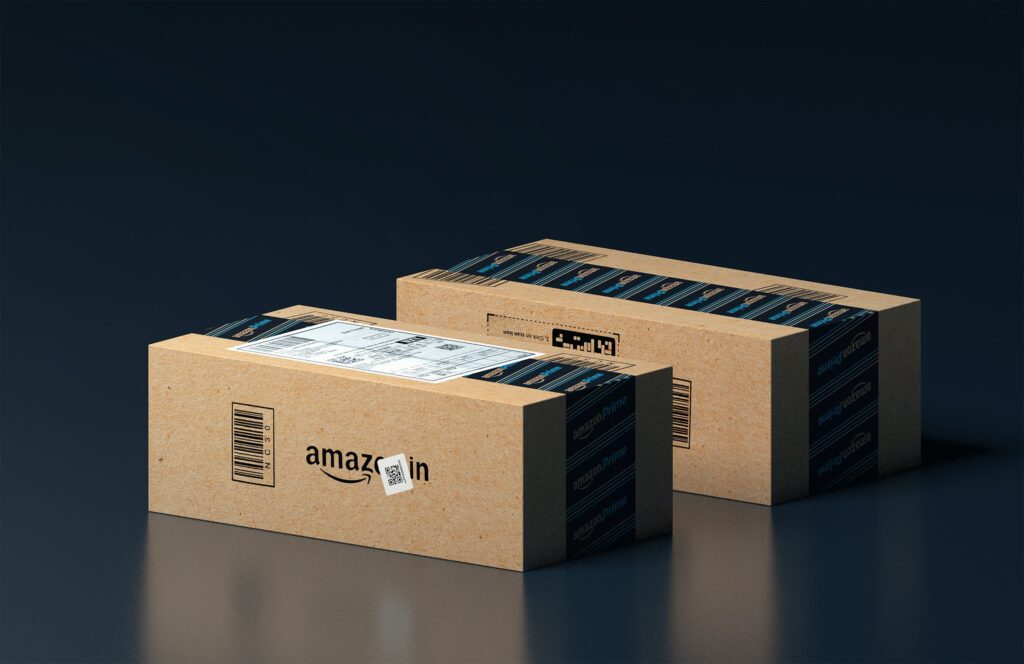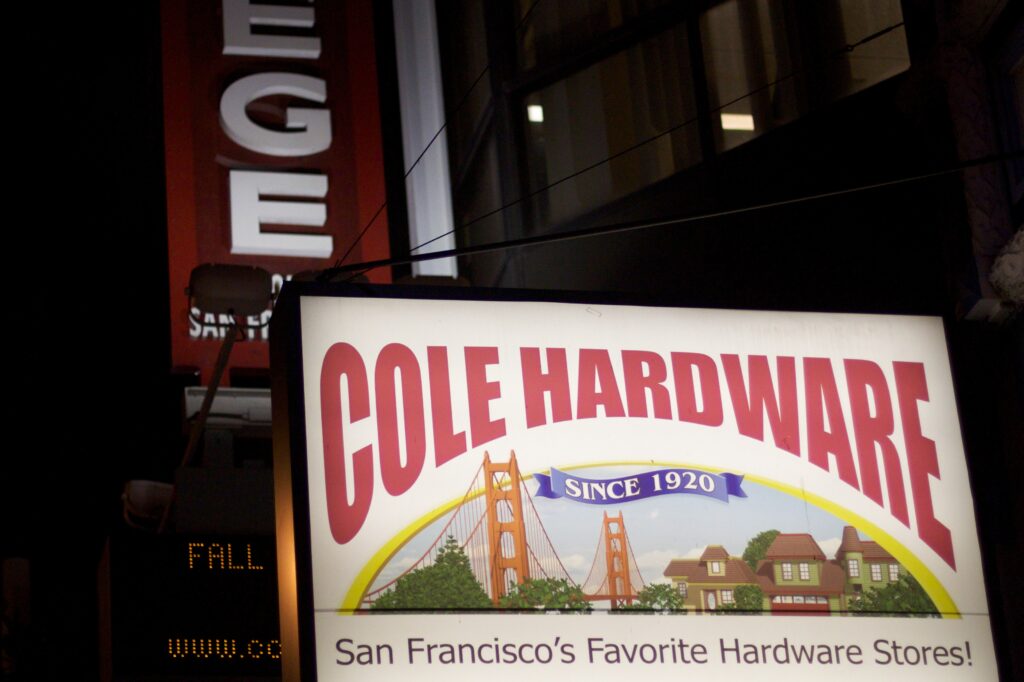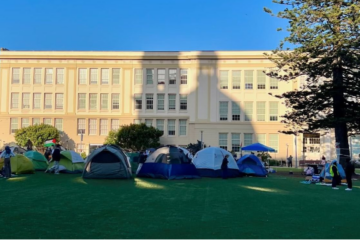Amazon Choked Out Cole Hardware And We Let It Happen

It’s time: Give up Amazon. (ANIRUDH)
Ever wondered how small businesses can survive during a boom of online retailers and drop shippers looking to go gangbusters? Well — and I’m no professor of economics — pretty much by shoppers buying things from their businesses. In that vein, Cole Hardware, a San Francisco-born-and-raised business since 1959, just announced it would close its SoMa location. The San Francisco Chronicle reports the business will close its 345 Ninth Street outpost on May 31. And before the usual dog whistles go up, ranging anywhere from “persistent and ongoing theft” to “too many overdoses nearby,” the company already gave a reason as to its departure. Cole Hardware owner Rick Karp says it’s just a lack of business. He has a specific company to blame. “San Franciscans need to understand that the efficacy of their neighborhood shopping areas is precarious due to their addiction to Amazon,” Karp told.
And why wouldn’t he target Amazon? The monopolistic Seattle startup turned cabal owns nearly 100 percent of self-publishing, boasts the most well-produced TV show of all time, and has its eyes set on pharmaceuticals. It manages a chunk of the Pentagon’s digital infrastructure with its Amazon Web Services business, and would have had a bigger piece of the pie if not for the infamous rivalry between then-President Donald Trump and Caped Baldy-look-alike Jeff Bezos. No matter, as the company sits pretty with hundreds of billions of dollars in both physical and digital assets from its perch in the Emerald City; having grown up in Washington state, don’t get me started on how much this company fucked up Seattle and all its PNW splendor.
To Karp’s point, and beyond my own personal vendetta toward Bezos’ bozo machinations, city-dwellers do run the same playbook when it comes to small businesses closing up shop. While the bookstore, cafe, or corner store is around, it can be taken for granted and overlooked for the convenience of Amazon, Amazon, or Amazon. Once the store announces its closing, locals bemoan the changing times, the inevitable gentrification of their area, the impossibility of doing anything about the grinding wheel of time. But, of course, we can do something. For one, we can spend our money in places we appreciate, respect, and admire.

Cole Hardware is worth shopping at over the multinationals out there. (Alan Levine)
Corporate social responsibility is the kind of word salad that makes most people’s eyes glaze over upon reading. Yet it’s a nifty term to describe ethical businesses, whether they be formal Benefit Corporations like Patagonia or local outfits with good people and good values like Cole Hardware. Believe it or not, there is ethical consumption under capitalism. (While there is no 100 percent ethical consumption under capitalism, where and how you spend your money is incredibly important.) When Jean Paul-Sartre published Les Temps modernes from his outpost in Paris to support Franz Fanon and fellow revolutionaries, its worth noting that the outlet’s paper was bought and printed in a capital-obsessed nation. Yet those on the left would agree the radical literature was ultimately a net positive on the world, especially as Algeria sought to decolonize itself from France. There are numerous examples, but let’s just be clear: buying things from dubious sellers is worse than buying things from decent sellers. While Patagonia may contract with the defense industry (and tech companies, funnily enough) and Cole Hardware buys plastic home goods made from unsustainable materials, their investments in local communities — putting real money in our neighbors’ pockets — is positive.
Thankfully, Amazon is losing some ground in its ongoing siege on the United States. Within the last year the company shuttered Amazon Go shops, those Blade Runner-esque cashless convenience stores, in San Francisco and through the nation. Whole Foods took a bow on Market Street — just a half mile from the Cole Hardware shop closing — which bodes well if you consider keeping housing prices low a good thing. (Not so much if you love tech-owned grocery stores in your apartment building, I suppose.) And amazingly the Amazon Labor Union formed with its first chapters successfully organizing warehouse workers in Staten Island and freight shippers in Kentucky.
Back in 1959, Karp’s father bought the original Cole Hardware in none other than the Cole Valley neighborhood and began to build it into a small chain in San Francisco. It’s still a family affair, as Karp’s son is the current president of the business and his daughter managed the North Beach location before a maternity leave. The stores are free recycling centers for materials including paint and lightbulbs and even offer rewards to longtime members. Sure, it’s no Prime membership. But we don’t need to worry about Karp linking up with the Pentagon anytime soon to harvest our data, either, and that might be worth considering the next time you’re in need of a ball-peen hammer. “You walk any neighborhood and there are vacancies galore, from the pandemic, work from home, the economy and Amazon,” Karp told the Chronicle. “I think Amazon is up there as a huge factor for all retailers.”








